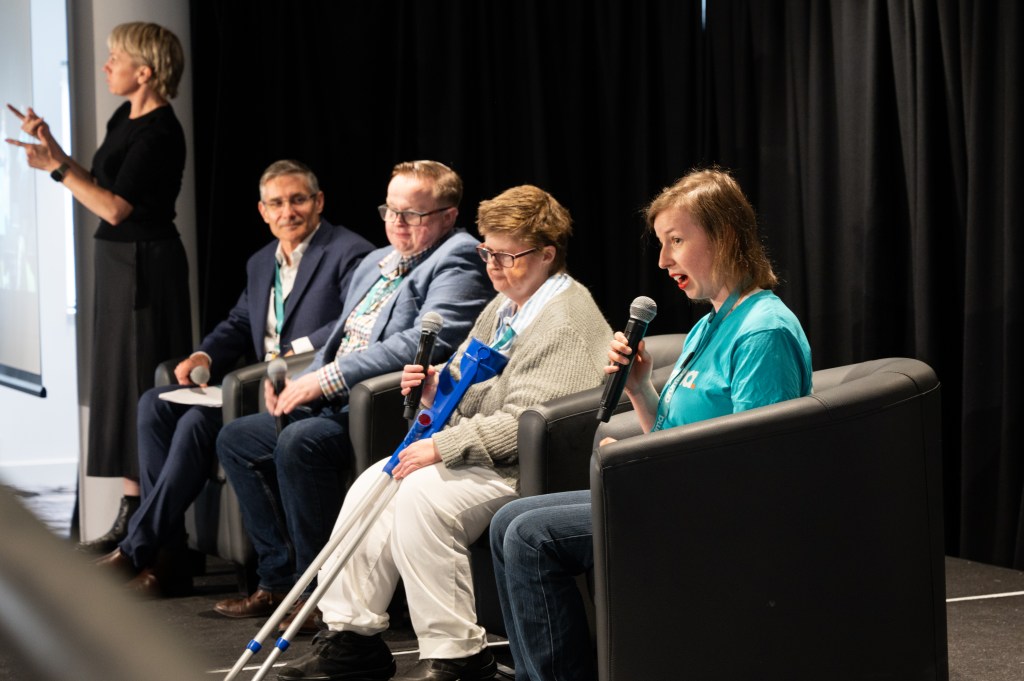Australians with disability have poor health outcomes and a shorter life expectancy than people without disability.
What steps are being taken, or can be taken to achieve better outcomes for people with disability?
Aruma recently held its annual Human Rights Conference with the discussion this year focusing on health and wellbeing rights for all. Conversations were sparked and questions asked, and all attending agreed that there is an overwhelming need for changes to the health, law and education systems to help people with disability live the life they want and deserve.
Among the speakers was lawyer and disability advocate Dr Dinesh Palipana who said, “Before my accident I had no idea what life would be like for a person with a disability. Think about that, I was studying to be a doctor and had no idea what one in six Australians experience.”
Mental health was an area raised by many participants, including Palipana, who described his experience as: “Very isolating and terrifying. We know mental health issues are disproportionally high for people with a disability.”
Aruma participant Thomas Sargeant said: “Having good health means having good influence around me, having people check in on me and keeping active with friends.” Another participant Kate Towers agreed that friends and community is invaluable. “Removing the isolation that may come with disability for some is important in helping support good mental health,” she said.
According to Palipana an important part of healthcare is preventing people going to hospital. “Good health includes education, social structures and employment. You have this one shot of life, don’t ever give up until your reach your dream,” he said.

Professor Julian Trollor, chair of Intellectual Disability Mental Health at the University of New South Wales and head of Department of Developmental Disability Neuropsychiatry, UNSW School of Psychiatry, brought awareness of health issues faced by people with intellectual disability to the discussion.
“We need to increase education for the primary healthcare network to be equipped with the knowledge for people with intellectual disability which will lead to better health outcomes,” he said. “The role of a GP goes beyond a script and as patients, we need to work to help GP’s do a better job. Set up a situation where you can educate your GP and ensure you book the right appointments if you need a longer time. Medical degrees for GPs have no training for disability unless self-sourced.”
Aruma CEO Dr Martin Laverty said while words are important, actions are even bigger. “One of the biggest steps we can take towards taking action is listening to, and learning from people with a disability, after all it is their experience which shapes us as a society.”
Another speaker, Wayne Herbert, has spent his personal and professional life shedding the weight of low expectation, confronting discrimination, bias and the many misconceptions that surround people with a disability every day with wit, grit and a sense of humour. If you think his disability makes him vulnerable? Think again. He is fearless and tireless in highlighting opportunities for organisational change and the importance of progressive policy to ensure positive outcomes for people with disability.
Three Aruma customers also presented at the conference. Gold Coast Titans male Leagueability Player of the Year Cody Barrett; Tracey Hewat who has learnt new skills since moving away from family to be on her own; and Kate Towers who spoke about her experiences living with Prader-Willi Syndrome.
Photo: Professor Julian Trollor
Photo: Panel discussion Professor Trollor, Thomas Sargeant, Katie Towers and Elyce Shearer

